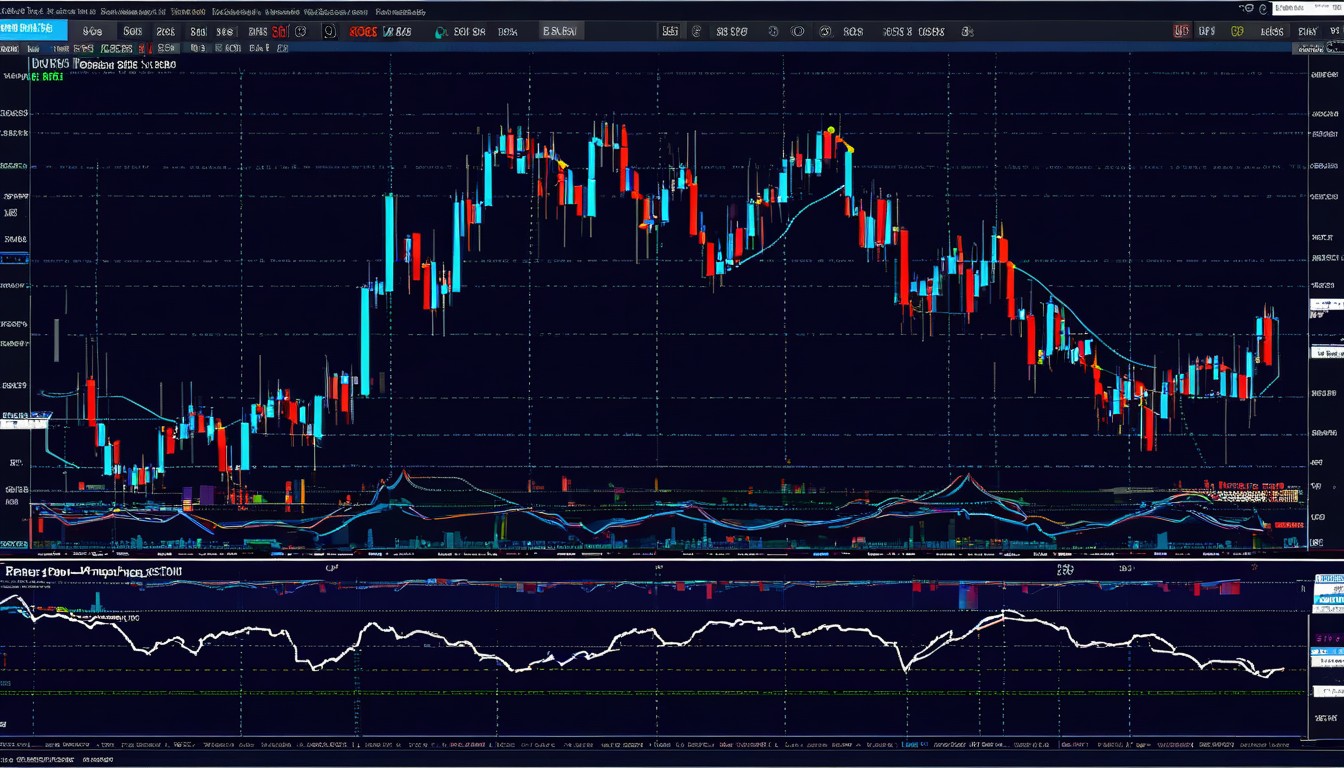Scalping trading is a way to make quick money in financial markets by taking advantage of small price changes. People who do this are called scalpers, and they make many trades in a day, holding onto them for only a short time, often just seconds or minutes. The main goal is to consistently make small profits by using the market’s ups and downs.
Unlike long-term investing, which looks at big trends, scalping relies on looking at charts, indicators, and other tools to quickly figure out when to buy and sell. Timing is super important because the profit from each trade is usually not a lot.
To do scalping well, you need to manage risks carefully since there are so many trades. Scalpers set strict rules to limit potential losses, and it’s important to stay disciplined and have a clear plan for trading. Using leverage can make both gains and losses bigger, so having good strategies to manage risks is crucial.
Scalping takes a lot of time because you have to keep a close eye on the market and make trades quickly. It requires a lot of focus and a good understanding of how the market works. While it can make money, scalping might not be right for everyone, and success often comes from experience, skill, and having a strong plan to manage risks.
Scalping trading involves making quick moves in financial markets to profit from small price changes. Traders, known as scalpers, engage in numerous trades within a day, holding positions for short durations – often just seconds or minutes. The primary objective is consistent small-profit generation by leveraging market volatility.
In contrast to long-term investing, which focuses on broader trends, scalping relies heavily on technical analysis and real-time market data. Scalpers use charts, indicators, and other tools to swiftly identify entry and exit points. Timing is critical as profits per trade are typically minimal.
Effective risk management is pivotal in scalping due to the frequent trading. Scalpers implement strict stop-loss orders to limit potential losses, emphasizing the need for discipline and a well-defined trading plan. The use of leverage amplifies both gains and losses, underscoring the importance of robust risk mitigation strategies.
Scalping demands a significant time commitment, requiring traders to closely monitor the market and execute trades promptly. Concentration and a comprehensive understanding of market dynamics are essential. While potentially profitable, the intense nature of scalping may not be suitable for all traders. Success often hinges on experience, skill, and a resilient risk management approach.
Scalping trading, as a dynamic and fast-paced strategy, hinges on the swift execution of numerous trades in financial markets to capitalize on minor price fluctuations. Scalpers, the practitioners of this approach, hold positions for very brief periods, often seconds to minutes, with the aim of accumulating small profits consistently.
The strategy diverges from traditional long-term investing by placing a strong emphasis on technical analysis and real-time market data. Scalpers leverage charts, indicators, and other tools to make rapid decisions regarding when to enter and exit trades. Given the minimal profit margins per trade, precise timing is of utmost importance.
Effective risk management plays a critical role in scalping due to the high frequency of trades. Scalpers employ stringent stop-loss orders to curb potential losses, highlighting the necessity for discipline and a meticulously planned trading strategy. The utilization of leverage introduces an additional layer of complexity, necessitating robust risk mitigation tactics.
Scalping demands a substantial time commitment, requiring constant vigilance over market movements and prompt trade execution. Success in this strategy relies on a high level of concentration and a nuanced understanding of market dynamics. While the potential for profit exists, the intense nature of scalping may not be suitable for every trader, with success often contingent on experience, skill, and a resilient risk management approach.
To sum up, scalping trading is a strategy that thrives on quick decision-making to exploit short-term market movements for consistent, albeit modest, profits. Practitioners need proficiency in technical analysis, disciplined execution, and effective risk management to navigate the challenges of this rapid and dynamic trading style.
